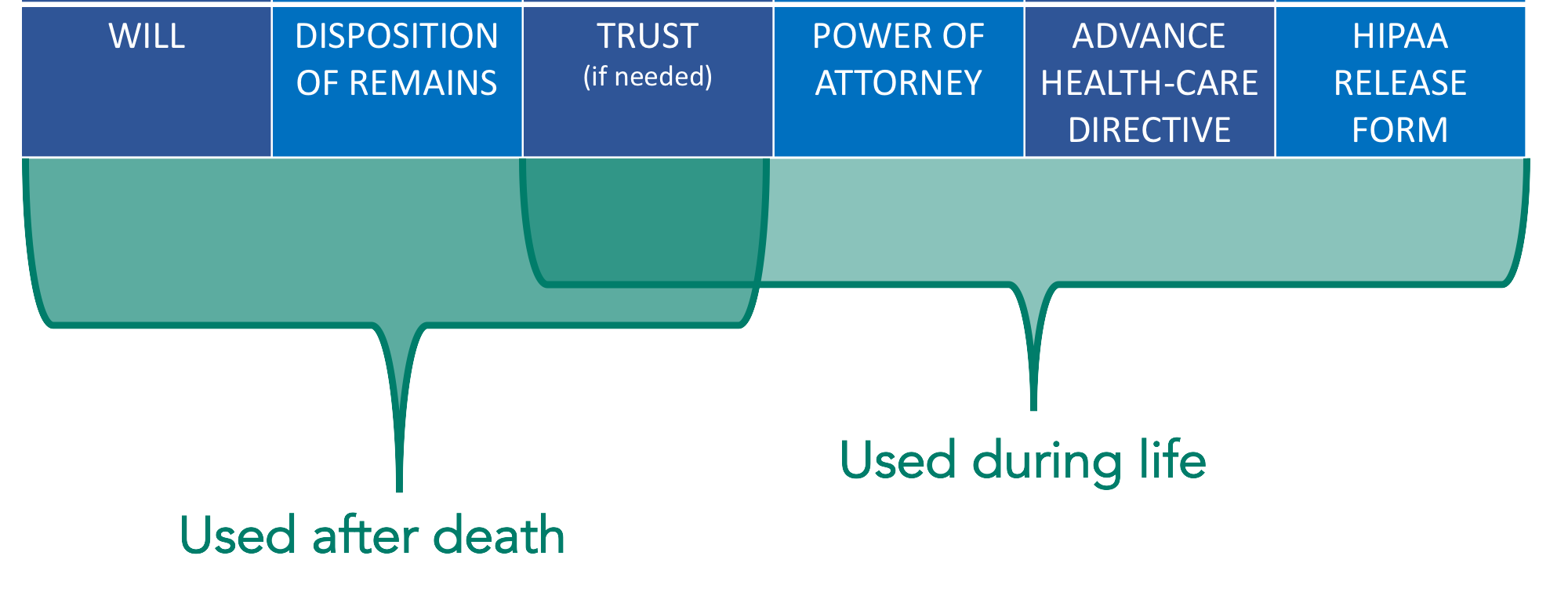HOW DOES MY FAMILY KNOW WHAT TO DO WITH MY ESTATE PLAN?
Losing a loved one is difficult enough, then there's the business of carrying out their estate plan. Creating an estate plan gives the ones you leave behind a clear direction of what you want to happen to your assets, but many times family members don't know where to start.
After someone dies, the main purpose of their estate plan is to say what happens to or who gets what of the person's assets. In order to do that, you need to know what the person owns or what's in their "estate". An estate includes everything in the person's name after they die, including bank accounts, real property, cars, retirement accounts, life insurance policies, investment accounts, and others.
To make this inventory of the estate easier, we recommend that after putting together or updating your estate plan, take one more step to help guide your loved ones when you pass. Putting together a spreadsheet or a list of all your assets, account information, usernames and passwords, names and contact information of who should be contacted, and even care information about pets can make the process easier. This additional document should be kept in a safe place with your estate plan.
WHAT DOCUMENTS ARE IN AN ESTATE PLAN?
Estate planning is the process of setting up a plan to have your wishes carried out in the case of your incapacity or death. The basic estate planning documents generally consist of the following: a will, disposition of remains, revocable living trust (if needed), durable power of attorney, advance health care directive, and HIPAA Release Form.
JOHN ROTH
John is the founder of Hawaii Trust & Estate Counsel, a statewide Hawaii estate planning law firm with offices in Waimea, Hilo, Kona, Maui, and Honolulu. He has taught Estate Planning at the Richardson School of Law, and business law courses at the University of Hawaii—Hilo. He has resided in North Hawaii since 2008....MORE
MAKE AN INFORMED DECISION
Estate Planning is necessary because, as the old expression goes, "You can't take it with you" and you never know what's going to happen in life. The estate planning documents of an advance health-care directive, power of attorney, and sometimes a trust help someone step into your shoes to make decisions on your behalf, during your lifetime. Then after your lifetime, you may need a will or will substitute, such as a revocable living trust, if they want to control who inherits their property and how and when that inheritance is received, to minimize administration costs, and to avoid unnecessary taxes. A well-planned estate is a gift to your loved ones and provides you peace of mind. It is part of your legacy.
Everyone has a different story and should have a unique estate plan. In most cases, the first meeting with one of our attorneys is complementary and serves the purpose of understanding your goals and educating you on your options. Depending on the option that is right for you, we will give you a price quote at the first meeting, before moving forward with your plan. Feel free to explore the basic information on our website.
This blog does not contain legal advice. You should not rely on this to determine what is in your own best interest. For legal advice, specific to your situation, you must meet with an attorney. All posts are based on hypothetical scenarios, not the actual circumstances of real clients.







What assets should you put in your trust? Avoiding probate, planning in case of incapacity, and making things as easier for loved ones after your death are all things to consider.